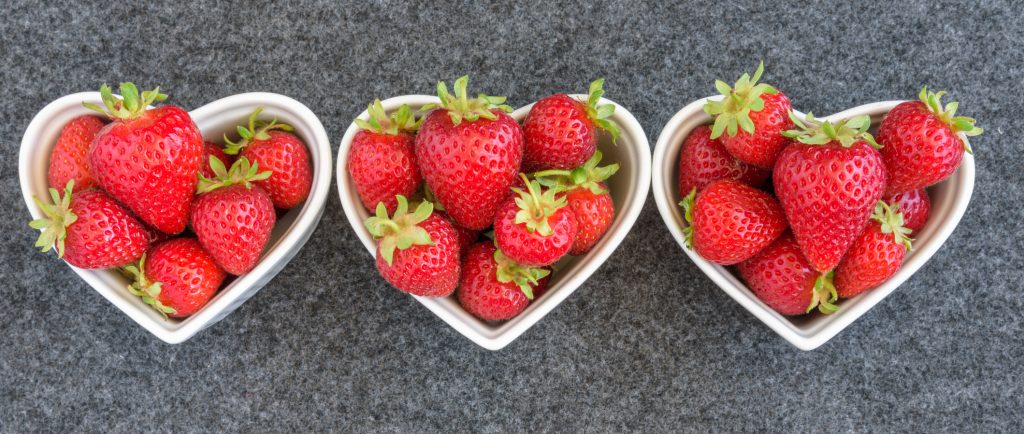Superfoods: The Raw Power of Strawberries

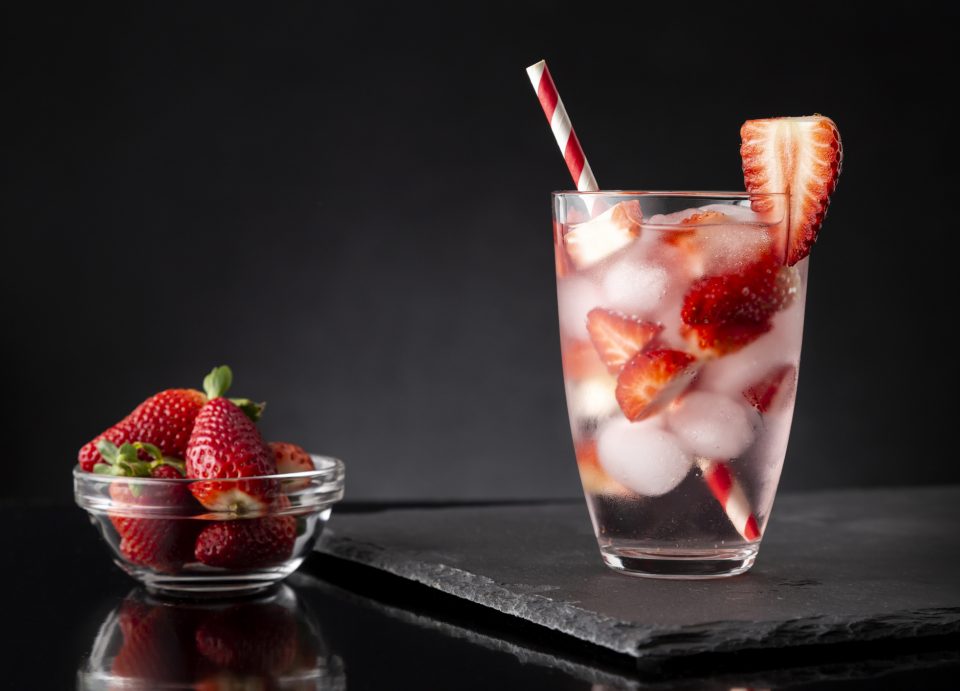
It’s common knowledge that certain berries are nutrition powerhouses, but when it comes to fighting a vast array of diseases and health problems, few berries stack up to the strawberry in terms of sheer health potency. From combating inflammation and controlling diabetes, to protecting cognitive function and improving heart health, strawberries can bolster your body’s health in countless ways.
An in vitro cell study using an extract from strawberry leaves on leukemia cells found significant cancer-killing activity, while freezing-dried strawberries slowed the growth of two varieties of cervical cancer cells grown in culture.
Strawberries’ Story
Strawberries are one of the most popular berries in the world and are grown primarily in the United States, New Zealand, Japan, Australia, Italy, and Canada. There are over six hundred varieties of strawberry, all of which have the unique appearance of wearing their seeds on the outside instead of on the inside. The most common variety is called the Garden Strawberry, which is the one you are most likely to see in your local grocery store.
A Major Source of Antioxidants
At the core of the arsenal of benefits that the strawberry can provide is its dense phenol content. The most visible of its phenols are the anthocyanins, which give the fruit’s flesh its bright red color. Anthocyanins are widely recognized antioxidants that studies have shown help defend cell structures in the body and protect the body’s organs. Another phenol found in high doses in strawberries is ellagitannin, which has anti-proliferative and antioxidant properties. The combination of anthocyanins and ellagitannins, along with its high vitamin C, folate, and potassium content push it to the top of the list of antioxidant providers among fruit. In fact, strawberries are second only to plums as the richest fruit in phenols and antioxidants, being especially high in cancer- and heart disease-fighting flavonoids, quercetin, catechin, and kaempferol.
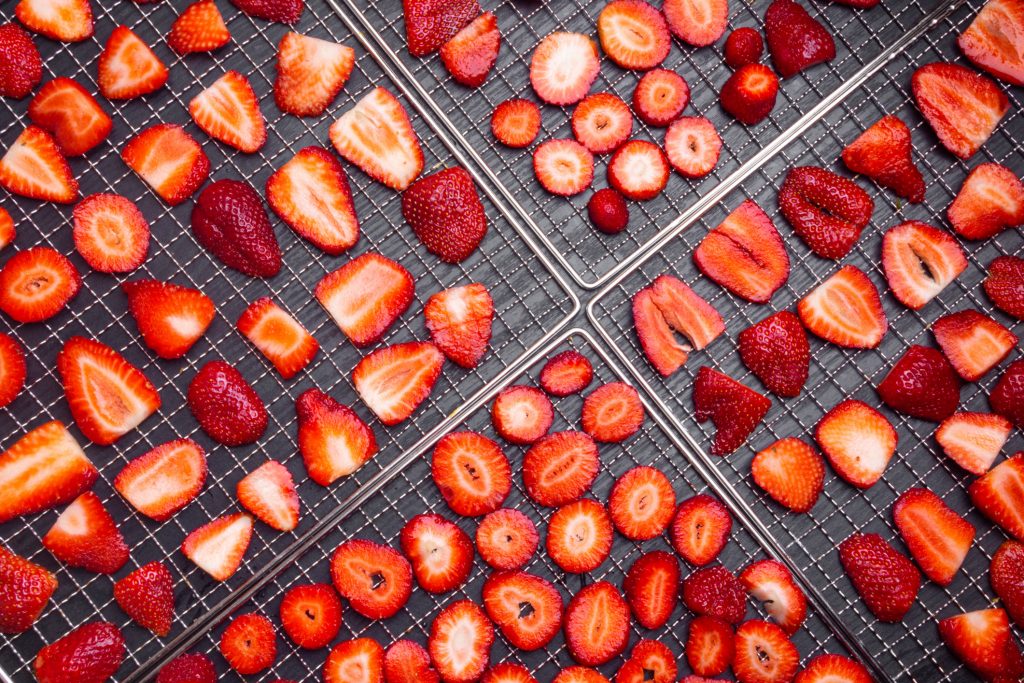
Anti-Inflammatory Properties
Life Extension Magazine® readers are familiar with vitamin C’s positive effects when it comes to battling inflammation. While vitamin C is usually associated with orange-colored fruits, readers may be surprised to know that strawberries are a tremendous source of vitamin C. In fact, eight strawberries contain more vitamin C than an orange.
In a study of 20,000 people published in the Annals of the Rheumatic Diseases, subjects who ate the least amount of foods high in vitamin C were more than three times more likely to develop inflammation leading to arthritis than people who ate the most vitamin C-rich foods.
In addition, strawberries have potent anti-inflammatory properties because the high phenol content decreases the activity of the enzyme cyclooxygenase, otherwise known as COX. As a COX-inhibitor, strawberries can offer enhanced protection against crippling inflammation-related diseases like rheumatoid arthritis and osteoarthritis.
Cancer Protection
Numerous studies have shown that strawberries offer protection against a wide range of cancers, including breast cancer and colon cancer. An in vitro cell study using an extract from strawberry leaves on leukemia cells found significant cancer-killing activity, while freeze-dried strawberries slowed the growth of two varieties of cervical cancer cells grown in culture. Strawberries, even in freeze-dried form, have shown an ability to inhibit tumor growth and to slow the progress of tumors as they begin to develop, according to a study using rats with esophageal cancer.
Heart Health
Folate is an integral part of any diet aimed at maintaining optimal heart health. In a study done by the Institute of Biochemistry in Ancona, Italy, researchers found that when subjects consumed strawberries daily for two weeks, an average 3.4% increase in serum folate levels was observed, meaning regular strawberry intake could have a beneficial effect on folate status and cardiovascular wellness in healthy people.
By Jon Finkel at Life Extension
Healthy FoodTrients Strawberry Recipes:
Spinach Strawberry Booster
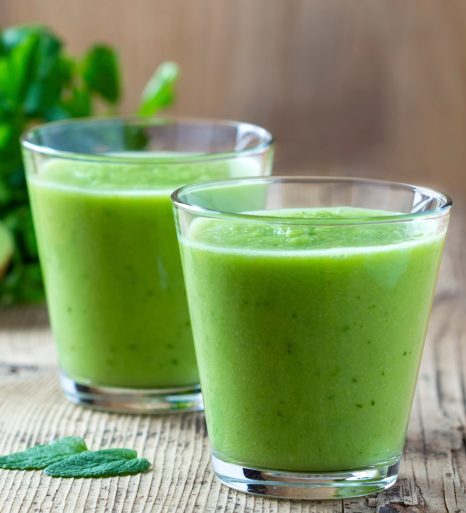 Ingredients
Ingredients
2 cups raw baby spinach
1 ½ cups unsweetened almond, soy or dairy milk
½ small frozen banana
1 cup frozen strawberries
6 ounces plain yogurt (dairy or non-dairy variety)
½ tsp. pure vanilla extract
Procedure
Combine all ingredients in a large blender and puree until smooth. Add more liquid if needed for consistency.
FoodTrients
Anthocyanin antioxidants
Calcium
Fiber
Folate
Manganese
Probiotics
Vitamin C
Vitamin K
Immunity Boosting Blend – Strawberry Smoothie
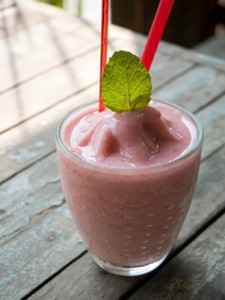
Serves 2 Drinks
Ingredients
1 cup yogurt
1 cup strawberries, hulls removed
¾ cup carrot juice (can substitute orange juice)
juice from 1 lime
1-2 teaspoons honey (optional)
Procedure
1. Place all ingredients in a blender and mix until smooth, about 30 seconds.
FoodTrients
Carotenoids
Probiotics
Vitamin C
